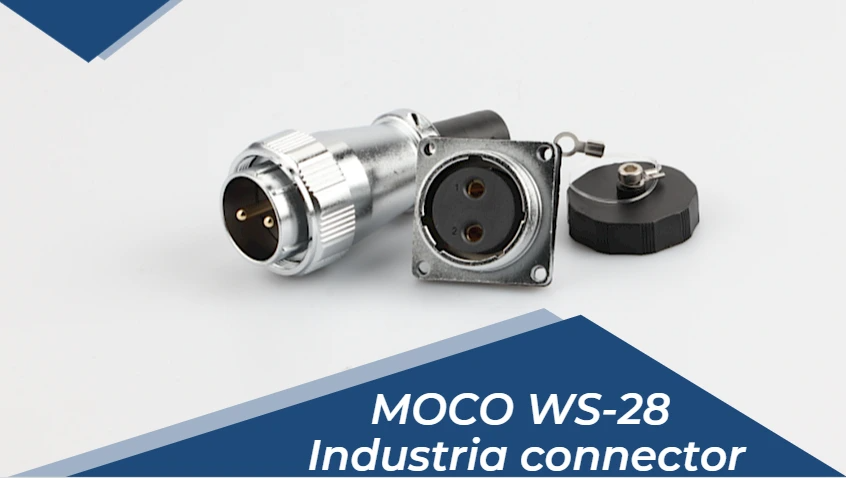Electrical connectors play an essential role in ensuring optimal functionality and safety in modern-day electrical systems. They come in different types, sizes, and electrical connector materials, but they all serve the same purpose in electrical installations. In this article, we are going to delve into the world of common electrical connectors, the different types available, how they work, and what you need to know about them.
How Does Electrical Connectors Work?
Electrical connector manufacturer work by creating a secure and stable connection between two or more wires or devices. They typically have a male and female component that fit together, forming a tight connection that allows electrical current to flow smoothly from one end to the other.
In most cases, common electrical connectors are made of conductive materials such as brass, copper, or aluminum, which allow electricity to pass through them easily. They are also designed to withstand different environmental conditions, such as moisture, heat, and pressure, depending on their intended use.
Types of Electrical Connectors
Electrical connectors come in different types, each designed to suit specific electrical applications. Here are some of the most common electrical connector types you are likely to come across:
1. BNC Connectors – BNC connectors are used to send and receive video signals in CCTV and other surveillance systems. They are easy to install and offer a secure and stable connection for high-quality video transmission.
2. RCA Connectors – RCA connectors are used for audio and video connections in home theater systems, video game consoles, and other electronic devices. They are color-coded for easy identification and come in different sizes depending on the application.
3. Pin and Sleeve Connectors – These connectors comprise a male pin and a female sleeve designed to fit together for tight and secure connections. They are ideal for industrial applications since they can withstand harsh environmental conditions such as dust, dirt, and oil.
4. Butt Connectors – Butt connectors are used to join two wires, typically for grounding or splicing purposes. They come in different sizes depending on the wire gauge, and they are made of electrical connector material such as brass, copper, or aluminum.
5. Twist-On Wire Connectors – These are also known as wire nuts, and they are used to join two or more wires together by twisting them into a secure connection. They are commonly used in residential electrical installations.

Advantages of Electrical Connectors
There are several advantages to using electrical connectors in electrical systems, including:
1. Secure and stable connections – Electrical connectors provide a tight and secure connection between wires or devices, reducing the risk of electrical faults or accidents.
2. Cost-effective – Compared to other electrical components, wholesale electrical connectors are relatively affordable, making them accessible to homeowners and businesses alike.
3. Versatile – Electrical connectors come in different electrical connector types, sizes, and materials, making them suitable for a wide range of electrical applications.
4. Durable – Custom electrical connectors are designed to withstand harsh environmental conditions, ensuring optimal functionality and safety in electrical systems.
5. Easy installation – Electrical connectors are easy to install and require minimal tools and expertise, making them ideal for DIY enthusiasts.
Best Practices for Using Electrical Connectors
To ensure optimal safety and functionality when using best electrical connectors, it's essential to follow some best practices, including:
1. Choose the right type of electrical connector for your application.
2. Check the compatibility of your electrical components before installation.
3. Use the appropriate tools when installing electrical connectors.
4. Avoid over-tightening or under-tightening electrical connectors.
5. Inspect your high quality electrical connectors regularly to check for signs of wear or damage.
Conclusion
Electrical connectors play a vital role in modern-day electrical systems. They come in different types, sizes, and materials to suit specific applications, and they are easy to install and relatively affordable. By following best practices and choosing the right type of electrical connector for your application, you can ensure optimal safety and functionality in your electrical systems.Welcome to inquire about custom electrical connector price, MOCO Connectors is the best choice of electrical connector suppliers.